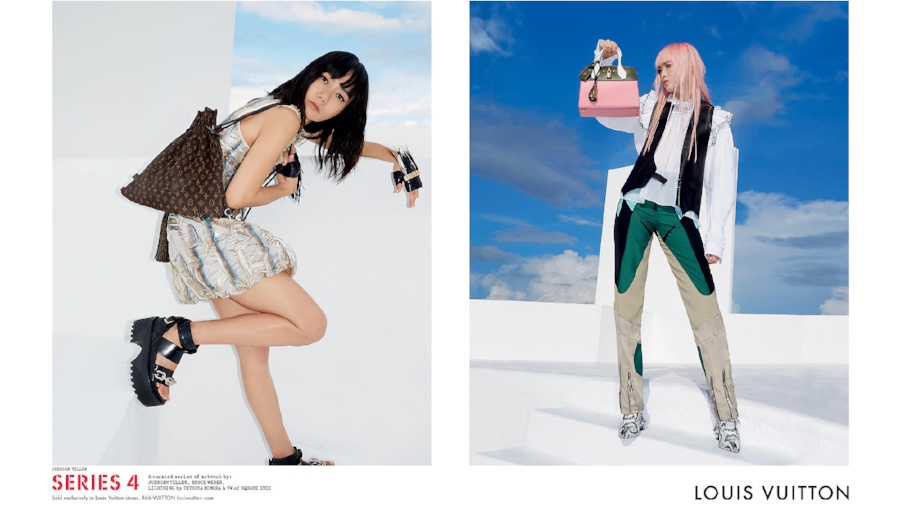
image: Louis Vuitton
During the spring of 2013, two 40-foot-long cargo containers made their way from China to Indonesia. The contents of the containers were labelled as “household goods” and were destined to make a pit stop in Singapore, where Megastar Shipping, a Singaporean logistics company, would ensure that they were transferred to another vessel for the final leg of their trip, from Singapore to Batam, Indonesia. The problem? Upon inspection by customs, the “household goods” found to be, in reality, Chinese-made counterfeit goods, including replicas of Hermes’ most coveted bag, the Birkin, and double “G” bearing and “LV” emblazoned bags.
Seeking to hold someone accountable for the shipment that contained over $1 million worth of counterfeit goods, Louis Vuitton, Gucci, Burberry and Hermès, as well as Sanrio, the maker of Hello Kitty toys, filed suits against Megastar, alleging that it had infringed their trademarks by importing and conspiring to export counterfeit goods.
Megastar “strenuously denied knowledge of the counterfeit goods (prior to the seizure and inspection in Singapore).” Its counsel argued that the company was acting “as a ‘mere freight forwarder,’ and not a trader of the counterfeit goods,” after having been hired in March 2013 by a third party to arrange for the transfer of the shipments from Singapore to Batam.
Unfortunately for some of fashion’s most well-known names, they are out of luck after being handed a loss in the string of cases that date back over 3 years and involve over 31,000 counterfeit bags and shoes. In siding with with Megastar, the Singapore Supreme Court stated that while Louis Vuitton, Gucci, Burberry and Hermès’ trademarks were, in fact, infringed, Megastar could not be held liable. And in case a loss is not enough, the brands have been ordered to pay the logistics company’s legal bills in connection with their lawsuits.
According to Justice George Wei of the Singapore Supreme Court, before the court was the “question of what amounts to an act of import or export […] and who is the importer or exporter” in the instance at hand? In short: Should Megastar be held liable for importing or exporting the counterfeit goods, and more specifically, should it be treated as an importer or exporter for the purposes of the Singapore Trade Mark Act?
In what is being called a landmark case, the Singapore Supreme Court determined late last month that Megastar was not liable, as it was not the importer nor did it act in concert with the importers. Moreover, it was not involved in the shipment of the goods from China to Singapore and thus, had not caused the entry of the counterfeit goods into Singapore.
In dismissing the cases and ordering that Louis Vuitton, Gucci, Burberry, Hermès, and Sanrio pay Megastar’s legal costs, Justice Wei held that they had, in essence, chosen to sue the wrong party. He stated, “The plaintiffs did not sue the shippers or the consignee – perhaps because the latter could not be found and properly identified […] There is no basis for the court to find that just because the goods were properly inspected and detained by Singapore Customs, Parliament must have intended there to be a local defendant against whom the intellectual property rights owner could claim and hold liable for the substantive act of infringement by importation.”
Concluding his decision, Wei noted that “the facts of this case, while relatively straightforward, have raised numerous connected issues and questions of law. These have arisen because the reality is international trade is complex.”
“The problem for intellectual property right owners and international trade in counterfeit and pirated goods, he continued on to note, “is likely to be especially acute where the counterfeit or pirated goods originate from an unknown source in a third country and which “passes through” an intermediate country such as Singapore, as goods in transit or for transhipment to another country.”







